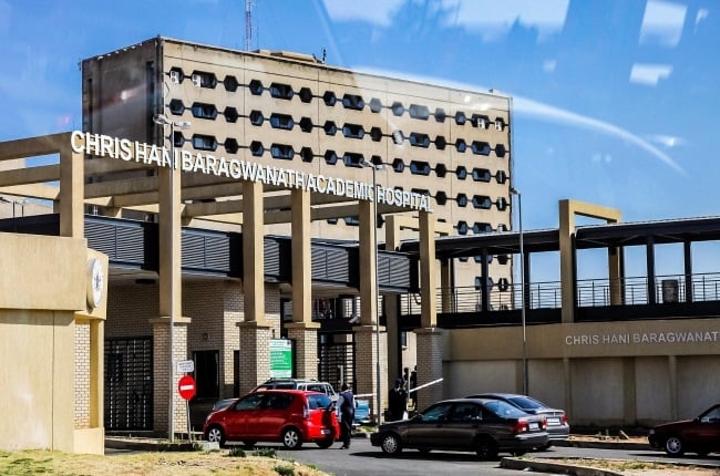Africa-Press – South-Africa. The Gauteng health department claims not one case of medical negligence occurred concerning 1 565 neonatal deaths at Johannesburg’s Chris Hani Baragwanath Hospital maternity ward in the last three years, but more than half of these deaths – 909 – were associated with “avoidable incidents”.
This was according to a written reply by Gauteng Health MEC Nomantu Nkomo-Ralehoko to the DA’s question in the legislature surrounding the number of babies born between 2020 and 2022, fatalities and the causes of their deaths.
Medical negligence is the act or omission by a medical practitioner that deviates from accepted medical standard of care resulting in damages, while “avoidable” factors speak to a shortage of infrastructure, staff members or an infection that is out of control.
Some of the avoidable factors that led to the deaths of the 909 babies at the hospital over the three years include inadequate infection control, limited neonatal ICU beds and hypothermia.
Nkomo-Ralehoko said no negligence cases were identified from the paediatric neonatology department between 2020 and 2022.
However, the DA’s health spokesperson Jack Bloom said the department seemed to be in denial about the conditions at the hospital’s maternity unit, which had more than 50 medical negligence claims totalling R1 billion over the last three years.
He said half of the claims were for cerebral palsy caused by brain damage, with claims ranging between R51 million and R1 billion.
When Nkomo-Ralehoko was asked about equipment shortages in neonatal and maternity departments at the hospital, she said there were four cooling machines; three were ordered in the 2022/23 financial year as a top-up and still had to be delivered.
Nkomo-Ralehoko said: “There is a demand for planning and procuring equipment every financial year. There is also augmenting staff shortage with both in-house overtime and a nursing agency. We are also dealing effectively with absenteeism in the workplace.”
Bloom said he was concerned that 1 443 babies were born with intrapartum hypoxia, which is a lack of oxygen during delivery.
“There are 997 babies born with various stages of encephalopathy (brain injury), 579 had mild encephalopathy, 300 had moderate, and 118 had severe encephalopathy. According to the MEC, babies born with severe encephalopathy will have signs of brain damage in the long term,” Bloom said.
He said more was needed to ensure that avoidable medical factors that injured babies were minimised in the busy ward that delivers about 18 000 babies a year.
For More News And Analysis About South-Africa Follow Africa-Press






